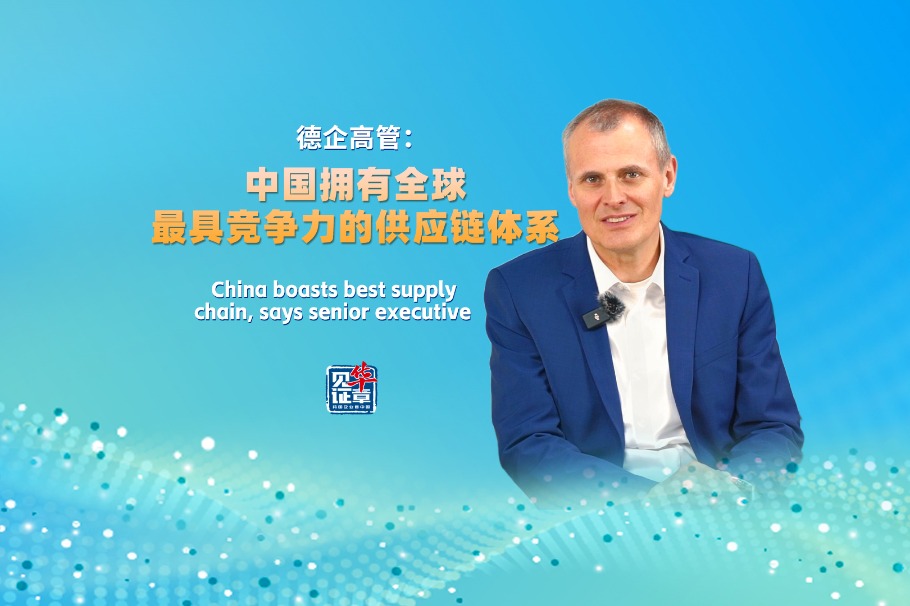New products reflect Eastern intelligence


One after another, products "created in China" have evolved into global fashion trends. The record-breaking auction of Labubu for over 1 million yuan in Beijing on Tuesday has thrust Pop Mart, a "blind box" toy company, into the spotlight.
In some business analysts' eyes, the evolution of Pop Mart is essentially a story of transitioning from a "product-centric" to an "ecosystem-centric" mindset. While other toy manufacturers are still competing on production efficiency, it has already been constructing a complete ecosystem loop covering IP incubation, content production, retail channels, and user communities.
The quirky Labubu, along with the debut of DeepSeek, a low-cost, open-source large language model, and the animated blockbuster film Ne Zha 2, have paved the way for exploring new cultural communication channels internationally.
The digitalization of industries and the industrialization of digital technologies are not only about catching up, they are also about dialectical thinking, which has enabled China to maintain a healthy growth.
From Confucius' "learning and constantly practicing what is learned" to Chinese philosopher Wang Yangming's "unity of knowledge and action" in Ming Dynasty (1368-1644), Chinese philosophical ideas emphasize pragmatism, the theory of practice, which is different from European rationalism that focuses on regulating development and developing within regulation.
In the film Ne Zha 2, Ne Zha's phrase that "My fate is in my own hands, not in Heaven's" is in line with the breakthrough achievements in AI by China, represented by Deep-Seek.
Chinese researchers are breaking through the US-led technological blockade and writing an Eastern story of intelligence. Showcasing the depth of Chinese civilization, Deep-Seek embodies a cultural foundation that relies on human efforts rather than divine intervention. The Chinese language, with its 3,500 commonly used characters, has been outperforming English, which constantly invents new words, leading to soaring learning costs for large language models.
Unlike Western capital-driven models, DeepSeek focuses on minimizing costs. Liang Wenfeng, a computer science teacher at Zhejiang University, established the hedge fund with classmates, using AI technology to achieve significant returns.
Within the evolving multipolar framework, DeepSeek's emergence has necessitated critical examinations of algorithms' governance framework, triggering constructive discussions on equitable technological development in the global digital ecosystem.
Chinese companies should realize the importance of tailoring technological talents to suit national conditions, much like the Chinese saying, "Those who live near mountains, live off the mountains; those who live near waters, live off the waters."
While some argue that China's global reach is limited compared with that of the US, more Chinese enterprises can create more products that transcends Chinese culture and acquire global cultural traits. This shows technologies developed by China can be adapted to different national contexts without the need for hegemonic dominance.
The author is director of Institute of International Affairs at Renmin University of China and senior fellow of Taihe Institute. The views don't necessarily reflect those of China Daily.
If you have a specific expertise, or would like to share your thought about our stories, then send us your writings at opinion@chinadaily.com.cn, and comment@chinadaily.com.cn.

































